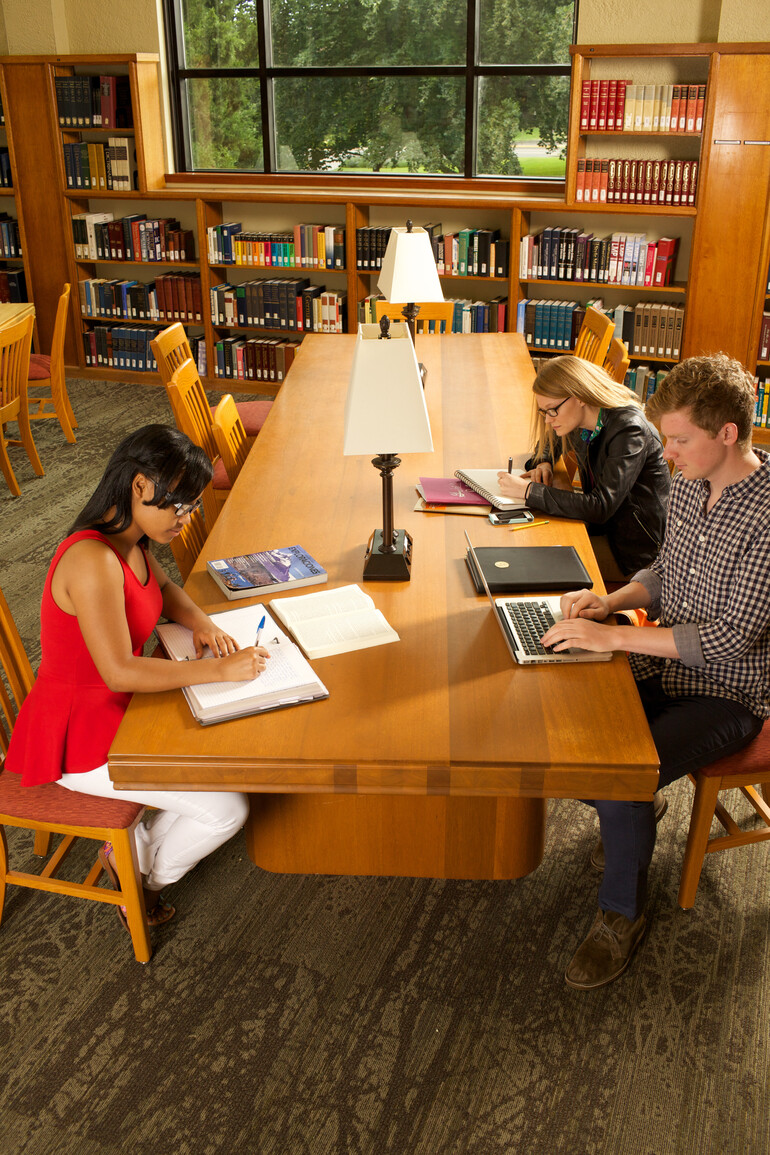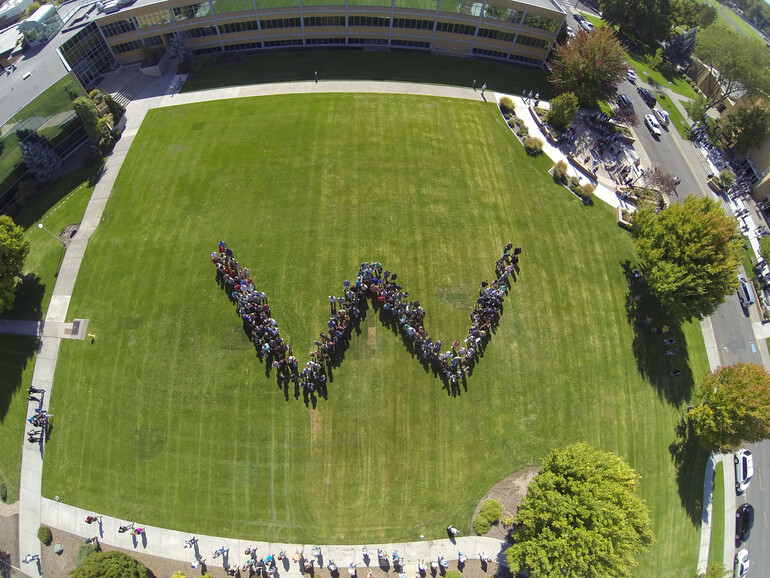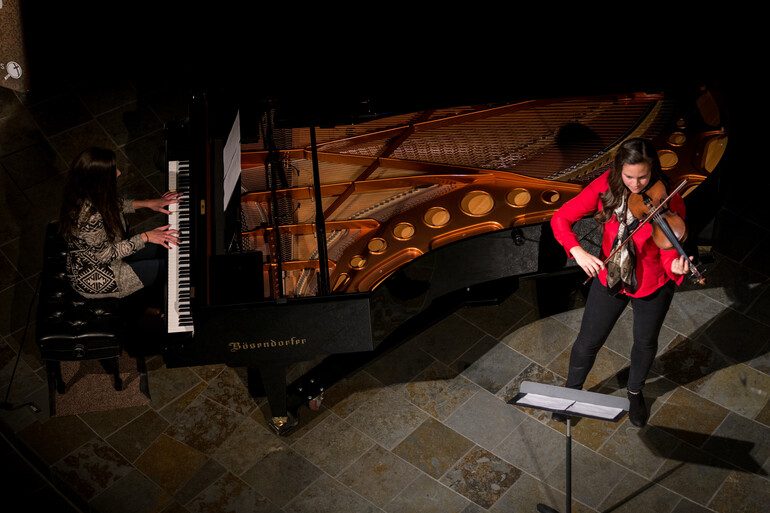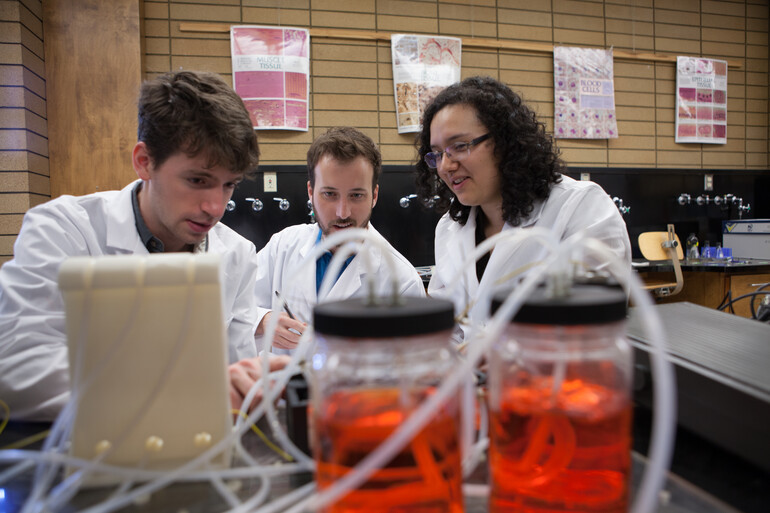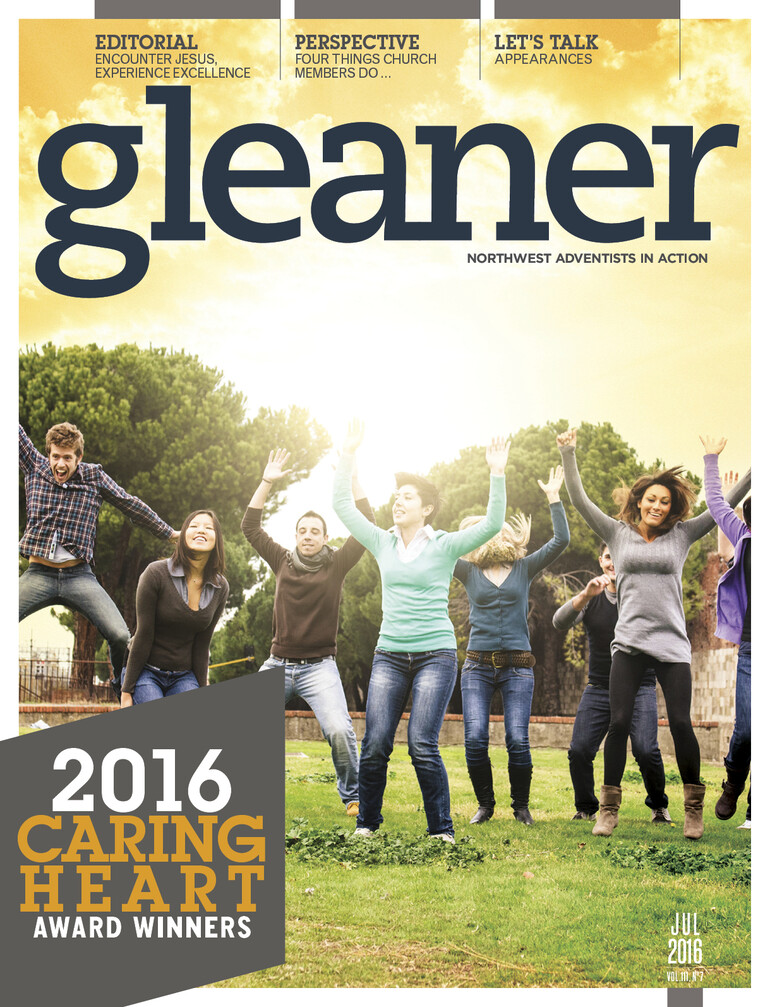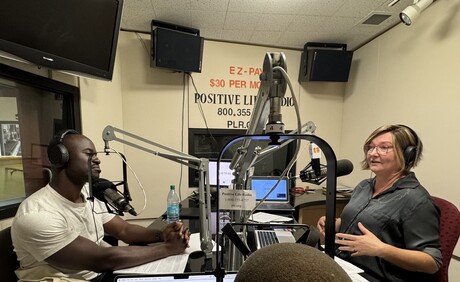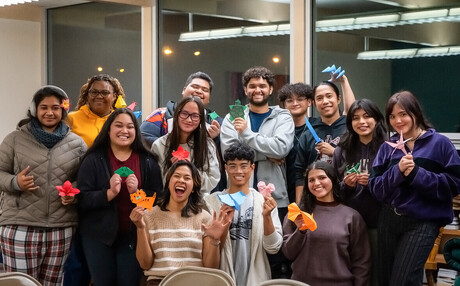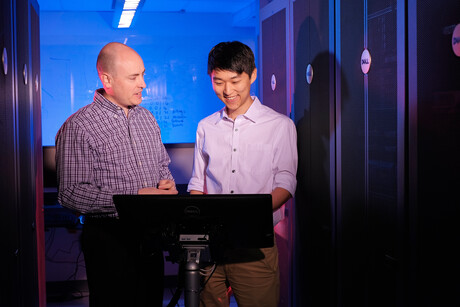Walla Walla College opened its doors for the first day of classes in 1892 with 80 students in one building that stood tall against the backdrop of the Blue Mountains. Enrollment had increased to 101 by the end of the day. By contrast, Washington State University, which opened the same year, had 60 students. Nearly 125 years later, Walla Walla University (WWU) students number more than 1,800. They choose from more than 100 areas of study in liberal arts, technical and professional programs on five WWU campuses throughout the Northwest. (Bold Venture: A History of Walla Walla College, by Terrie Dopp Aamodt, p. 1–3)
On average, college graduates earn more than $1 million more during their lifetimes than those without college degrees. A study by The Economist magazine shows WWU ranked nationwide among other colleges whose alumni outperform income expectations for the 10 years following graduation. This isn’t surprising, given the strength of WWU academic programs and the quality of the students WWU attracts. What is surprising is that some well-known universities didn’t rank well when graduate earnings were analyzed.
It’s a blessing to see the long-term economic value of a WWU degree confirmed in these findings, but these statistics and others like them are secondary to the WWU core themes of excellence in thought, generosity in service, beauty in expression and faith in God. In countless ways each day, these core themes are expressed among WWU students, faculty, staff and alumni.
Take for example Kaleb Williams, 2015 business administration graduate, who recently traveled halfway around the world to Zambia, where he worked for several months at the Lusaka Eye Hospital to help upgrade their accounting system. Then there is Karl Wallenkampf, 2016 graduate with a bachelor of arts degree in humanities and a bachelor of science degree in biology, who recently received the de Jager prize for exceptional academic performance from the Scholarship and Christianity in Oxford (SCIO) center during a semester he spent studying at Oxford University.
The four core themes are more than simply something pleasant to contemplate. In fact, seven WWU faculty and staff spent countless hours during the 2015–16 academic year to analyze, track and assess how well WWU is doing at fulfilling its commitment to the core themes.
The team tied each of the themes to strategic initiatives and then, using eight different assessment instruments, pinpointed areas of success and areas where improvement is needed. The WWU campus community is not content to rest on past success. We press on.
We press on with the WWU statement of philosophy in mind, which says in part, “Recognizing that God is the source of all truth, goodness and beauty, the university seeks to convey to students a wisdom that translates academic achievement into responsible citizenship, generous service, a deep respect for the beauty in God’s creation and the promise of re-creation through Jesus Christ.”




